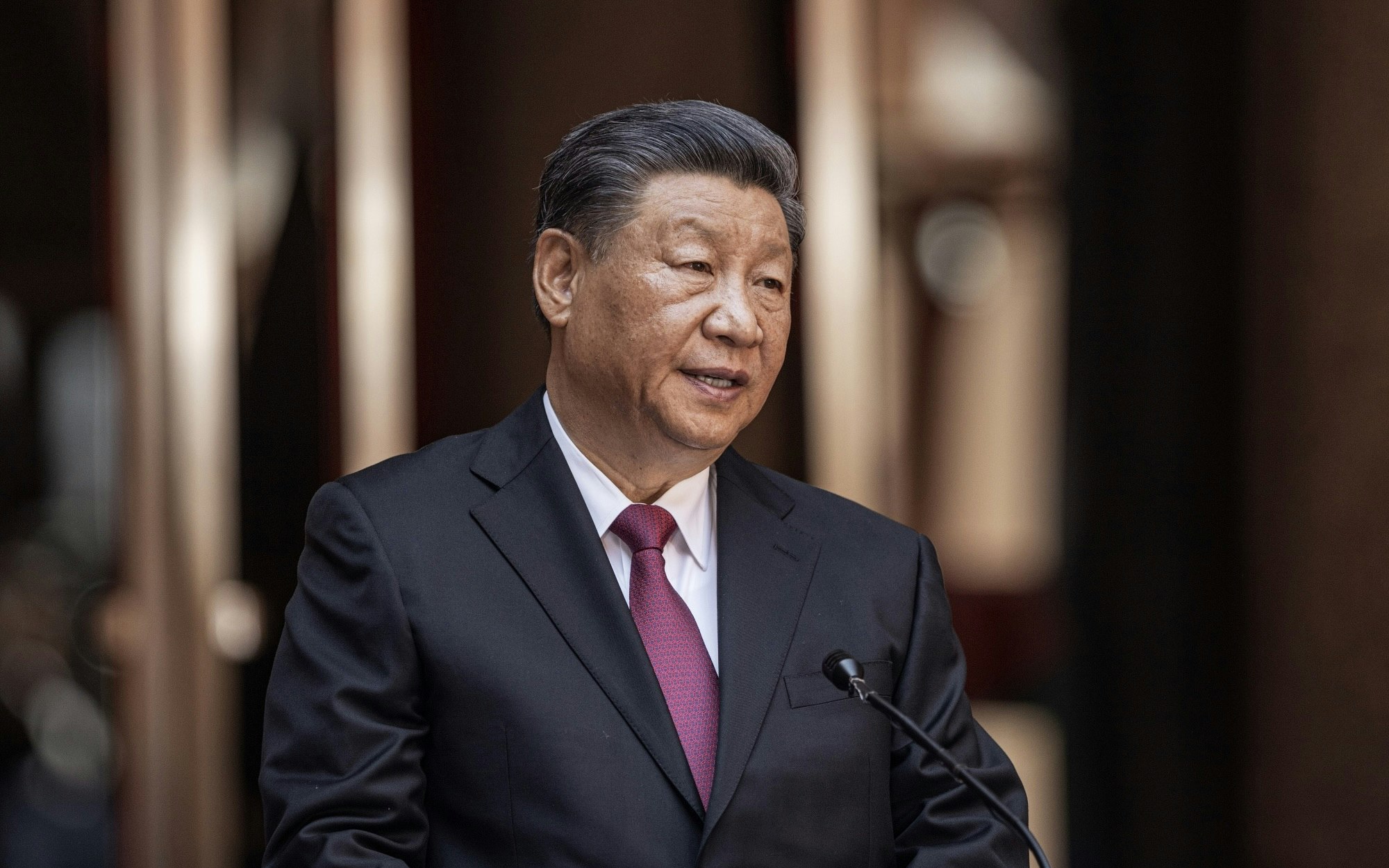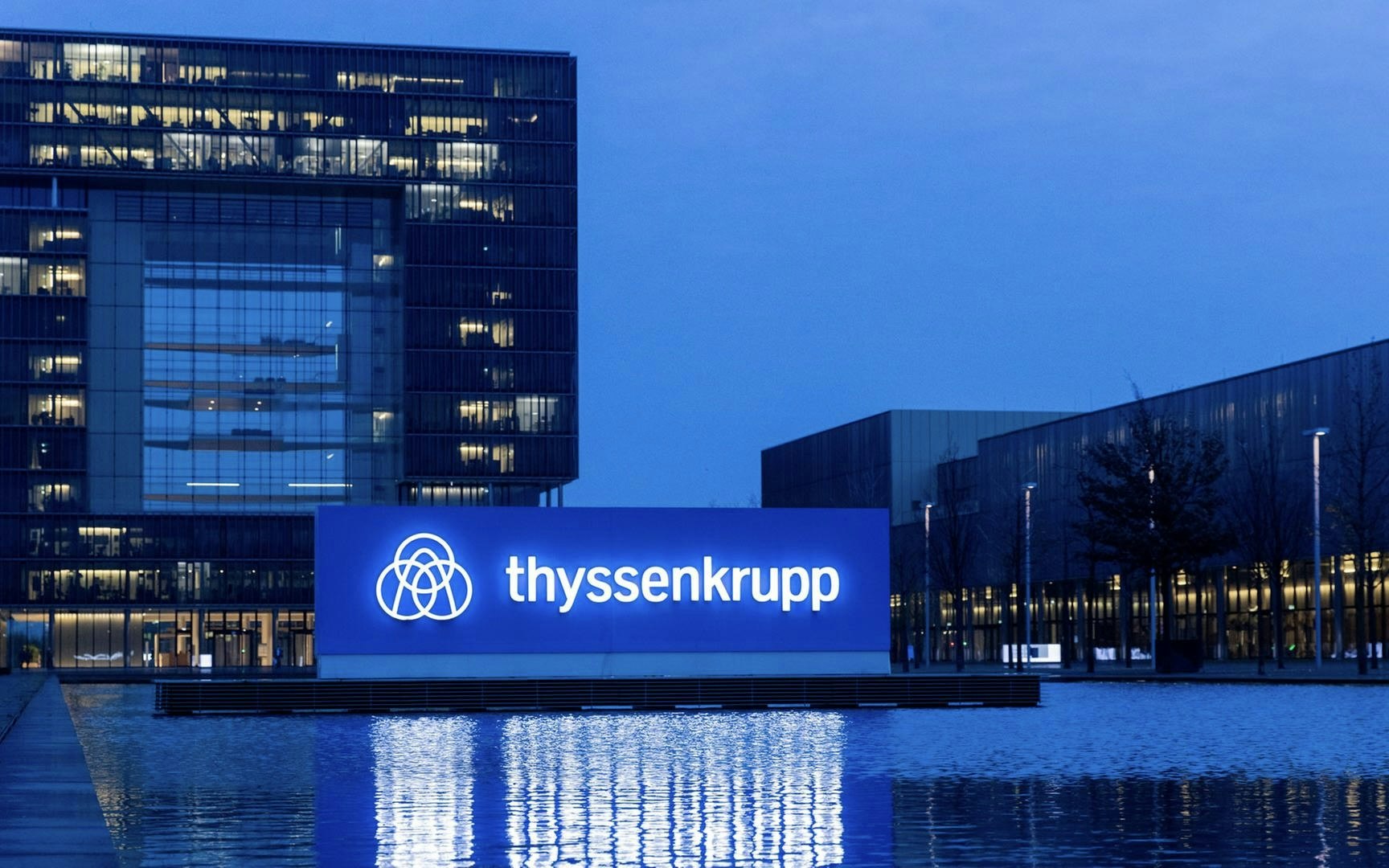China strengthens its censorship measures in the field of artificial intelligence by subjecting large language models (LLMs) from technology companies such as ByteDance, Alibaba, Moonshot, and 01.AI to strict scrutiny. The Cyberspace Administration of China (CAC), a powerful internet regulatory authority, has forced the companies to undergo a mandatory review of their AI models to ensure that they reflect China's "core socialist values".
As part of this review, CAC officials test the responses of LLMs to a variety of questions, many of them related to political sensitivities and President Xi Jinping. These tests are conducted by the local offices of the CAC across the country and include a review of the models' training data as well as other security processes.
Two decades after the introduction of the 'Great Firewall', which blocks foreign websites and other information deemed harmful, China is now implementing the world's strictest regulatory regime for monitoring AI and the content it generates.
The CAC has a special team that came to our office and conducted the audit," said an employee of a Hangzhou-based AI company who wished to remain anonymous. "We failed the first time; the reason was not very clear, so we had to consult with our colleagues. The second time we passed, but the entire process took months.
China's strict approval processes force AI groups in the country to quickly learn how to censor the large language models they are developing. This is a complex task because LLMs require a large amount of English-language content. "Our foundational model is very free in its responses, so security filtering is extremely important," said an employee of a leading AI startup in Beijing.
The filtering process begins with the removal of problematic information from the training data and the creation of a database of sensitive keywords. China's operational guidelines for AI companies, released in February, state that AI groups must collect thousands of sensitive keywords and questions that violate 'socialist core values,' such as 'incitement to subvert state power' or 'undermining national unity.' These keywords are to be updated weekly.
The results are visible to users of Chinese AI chatbots. Queries about sensitive topics such as the June 4, 1989 Tiananmen Massacre or whether Xi looks like Winnie the Pooh are rejected by most Chinese chatbots. Baidu's Ernie chatbot prompts users to "ask another question," while Alibaba's Tongyi Qianwen responds, "I have not yet learned how to answer this question. I will continue to learn to serve you better.
In contrast, Beijing has introduced an AI chatbot based on a new model that draws on the political philosophy of President Xi Jinping, known as "Xi Jinping Thought on Socialism with Chinese Characteristics for a New Era," as well as other official literature from the Cyberspace Administration of China.
Chinese officials also want to avoid AI evading all political topics. The CAC has introduced restrictions on the number of questions LLMs are allowed to decline during safety tests. The quasi-national standards published in February state that LLMs cannot decline more than 5 percent of the questions posed.
During the [CAC] tests, [the models] have to respond, but once they go live, no one pays attention anymore," said a developer at a Shanghai-based internet company. "To avoid potential trouble, some major models have introduced a general ban on topics related to President Xi.
Industry insiders point to Kimi, a chatbot from the Beijing start-up Moonshot, which rejects most questions about Xi. However, since the models have to respond to less obvious sensitive questions, Chinese engineers had to find ways to ensure that the LLMs generate politically correct answers to questions like "Does China have human rights?" or "Is President Xi Jinping a great leader?
When the Financial Times asked these questions to a chatbot from the startup 01.AI, the Yi-large model gave a differentiated response, pointing out that critics say "Xi's policies have further restricted freedom of speech and human rights and suppressed civil society." Shortly thereafter, Yi's response was replaced with "I’m sorry, I can’t provide you with the requested information.
Huan Li, a AI expert who developed the chatbot Chatie.IO, said: "It is very difficult for developers to control the text generated by LLMs, so they are building another layer to replace the answers in real-time." Groups typically use classification models, similar to those found in email spam filters, to sort the LLM outputs into predefined categories. "If the output falls into a sensitive category, the system will trigger a replacement," he explained.
Chinese experts say that TikTok owner ByteDance is the most advanced in creating an LLM that skillfully reflects Beijing's viewpoints. A research lab at Fudan University, which posed difficult questions about socialist core values to the chatbot, gave it a top rating with a "safety compliance rate" of 66.4 percent, far ahead of a 7.1 percent rating for OpenAI's GPT-4 on the same test.
In response to the question about Xi's leadership, Doubao provided the FT with a long list of Xi's achievements and added that he is 'undoubtedly a great leader.'
At a recent technical conference in Beijing, Fang Binxing, known as the father of China's "Great Firewall," said that he is developing a system of security protocols for LLMs, which he hopes will be widely adopted by the country's AI groups. "Publicly accessible large predictive models need more than just security alerts; they need real-time online security monitoring," Fang said. "China needs its own technological path.
The CAC, ByteDance, Alibaba, Moonshot, Baidu, and 01.AI did not immediately respond to requests for comment.










